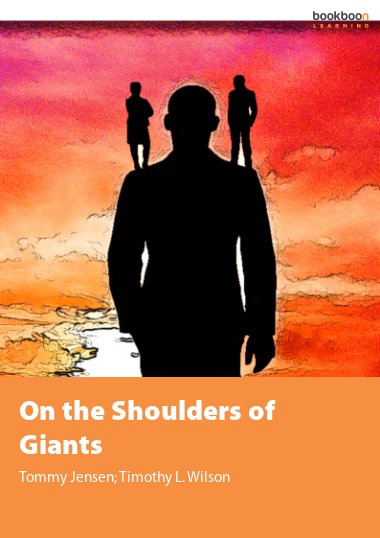Part of our responsibility as educators is to see that our students are well grounded in the fundamentals of our field. This is why a PhD course was held at Umeå School of Business a couple of years ago.3 In the course the students read some influential books on organization studies.4 Based on their reading, the students were asked to discover the books’ insights and apply them to their own PhD projects. Selecting which researchers and books to read is not an easy task for a teacher, neither is there room for many books within the framework of a 7.5 ETCS course.
Course books on key-readings in organization studies do, of course, exist. Given that such accounts are more or less instrumental, in our opinion they fail to arouse curiosity. We thus asked ourselves why an introductory book was not available that gave a fair account of the basic message and key concepts, outlined the relevance to contemporary organization studies and led to curiosity about the rich history of organization studies? There is clearly a need for an introductory book containing insightful and interesting reviews of influential thinkers and their books. Reading such a book at the outset of a PhD course would expose PhD students to the history of organizational studies. Also, after completing the book they would be in a better position to investigate those thinkers and ideas they found particularly interesting.
In 2009, the 20th NFF Conference (Nordiska Företagsekonomiska Föreningen) was held in Åbo, Finland. There a presentation was delivered entitled “On the Shoulder of Giants” (Wilson, 2009). Starting with quotes from Sir Isaac Newton and George Santayana, a few arguments were put forward as to why history can never be forgotten. Of course we can choose to set some parts of history aside, so as not to repeat bad practices, although that choice cannot be made without careful examination and evaluation. We should also continuously reflect on which shoulders it is best to stand. This task does not only demand careful examination and evaluation but also requires rediscovering and revaluating historical reality. Again, as disciples of science we must never become a-historical.
The presentation included a description of three recent accounts: one by Charles Lindblom on decision making, one by Thomas Kuhn on paradigm shifts and another by Paul R. Lawrence & Jay W. Lorsch on effective organizations. In each of these accounts the background to and reflection on the classic text at hand was given; the relevance for Swedish studies today, reflections and observations and lessons for managers. The main message of the presentation was basically that history still has a lot to contribute to a contemporary understanding of organizations.
These two experiences have led us to agree that “On the Shoulder of Giants” is a necessary book with a good title.


